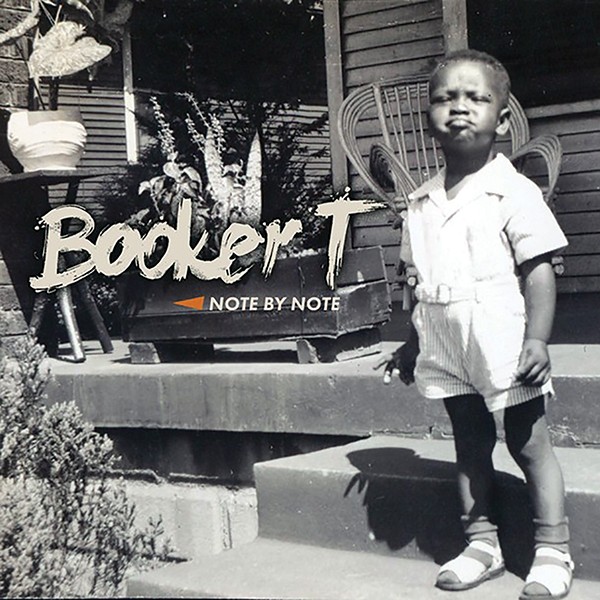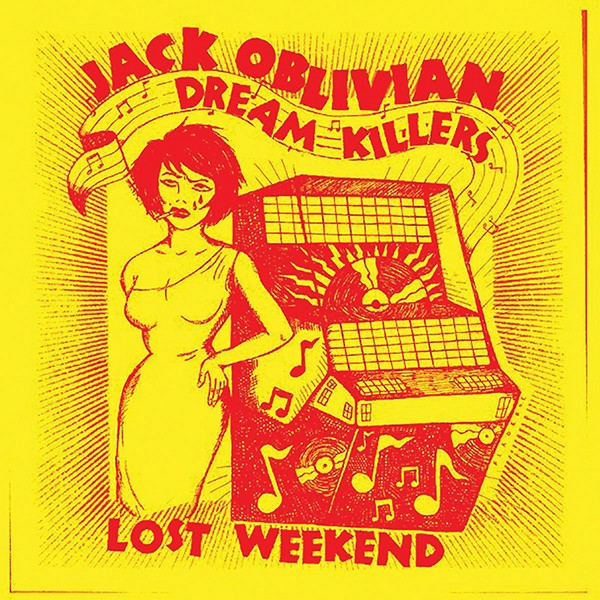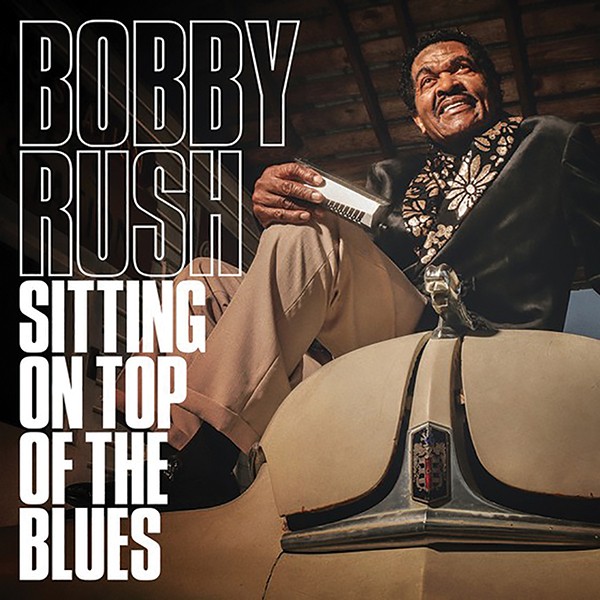
Aquarian Blood — A Love that Leads to War (Goner) Written and sung by the couple J.B. and Laurel Horrell, whose dark observations and wry commentary are surrounded with acoustic ostinatos, subtle keyboard textures, and inventive bass counterpoints. The proceedings have the sound of the most quietly atmospheric home demos ever made.
DJ Paul — Power, Pleasure & Painful Things (Scale-A-Ton Entertainment) A highly autobiographical album, interspersed with spoken segments in which Paul recalls pivotal moments in his Memphis youth. A wide-ranging musicality and inventive, turn-on-a-dime production.
The Dopolarians — Garden Party (Mahakala Music) A labor of love between two erstwhile Memphians, Chad Fowler and Chris Parker, and a trio of genre-defying pioneers, saxophonist Kidd Jordan, the late drummer Alvin Fielder, and bassist William Parker, with singer Kelley Hurt added as well. Fielder had nurtured the avant garde scene in Chicago since 1965. This captures the spirit of free jazz from that era, combining unhinged inventiveness with an earthy, accessible lyricism.
Willie Farmer — The Man from the Hill (Big Legal Mess) True garage blues: It’s not frenetic, but you feel in your bones the scene of Farmer’s auto repair shop in Duck Hill, Mississippi. And Farmer’s playing also conveys both a rough-hewn strength and a deep sensitivity.

Booker T. Jones — Note by Note (Edith Street) “It’s a musical reproduction of my life,” as Jones told the Flyer, revisiting many classic songs associated with career milestones. The first song he played at Stax, “‘Cause I Love You,” a minor hit for Rufus and Carla Thomas, is sung in part by Stax Music Academy graduate Evvie McKinney. The new version of “Stardust” here is heart-wrenching.
John Medeski, Pat Sansone, Robby Grant, Jonathan Kirkscey — Mellotron Variations (Spaceflight) These semi-improvised pieces were captured live in the Crosstown Concourse atrium in 2018, and that setting gives an unpredictable spark to what is, in the seven Mellotrons played here, magic in a bottle: real tape loops triggered by keyboards. North Mississippi Allstars — Up and Rolling (New West) Decades of playing have not dulled the piquant performances of Luther and Cody Dickinson; here, a cast of cameos by the likes of Mavis Staples, Jason Isbell, and Duane Betts only highlights the mature focus of their playing. Songs draw on sources as diverse as boogie shuffles and drum-and-fife-corps hypnotics. The playing is consumate but not sterile: With its supple grooves and understated blues riffs, it may be their finest work yet.

Jack Oblivian & the Dream Killers — Lost Weekend (Black & Wyatt) Guitar tones somewhere between molten lead and liquid gold, with echoes of classic rock, soul, rock ballads, and, yes, punk. Jack Oblivian’s pithy, tightly woven lyrics never fail to connect, yielding sharp observations at every turn. There is an acute sense of loss to these tunes.
Joe Restivo 4 — Where’s Joe? (Blue Barrel) With an authentic old-school jazz feel, the swinging rhythm section and the big tenor saxophone sound are a perfect complement to Restivo’s pure, lyrical-yet-bluesy guitar tones. They bounce between the extremes of the originals, like “Starlight Motel,” offering melting guitar/saxophone harmonies; and covers like Bill Jennings’ “633 Knock!” that showcase Joe’s soulful soloing.

Bobby Rush — Sitting on Top of the Blues (Deep Rush/Thirty Tigers) A consistently funky, soulful, boogie record, with the punch and panache of timeless Stax tracks, full of clean lines punctuated by the occasional horn stabs. It’s all guitar, drums, bass, organ or piano, and harp.
Toy Trucks — Rockets Bells and Poetry (Black & Wyatt) Combining a chugging rock energy with a healthy dose of concise ’60s pop songwriting, Jeremy Scott and company channel a balance of pop wistfulness and pounding rock delinquency. An unflinching chord-savvy craftsmanship informs compositions brought to life in lively, garage-y ways.
Unapologetic — Stuntarious IV (Unapologetic) The ever-evolving collective is full of sonic surprises, as is their wont. The doom-laden atmosphere of “Memphis” gives way to a delivery by Preauxx, A Weirdo From Memphis, and others more full of wit and loopiness than the expected menace. Silky harmonies by Cameron Bethany and She’Chinah on “Move” are a stark contrast of honeyed voices. And “Mane Street” is a retro-friendly anthem.